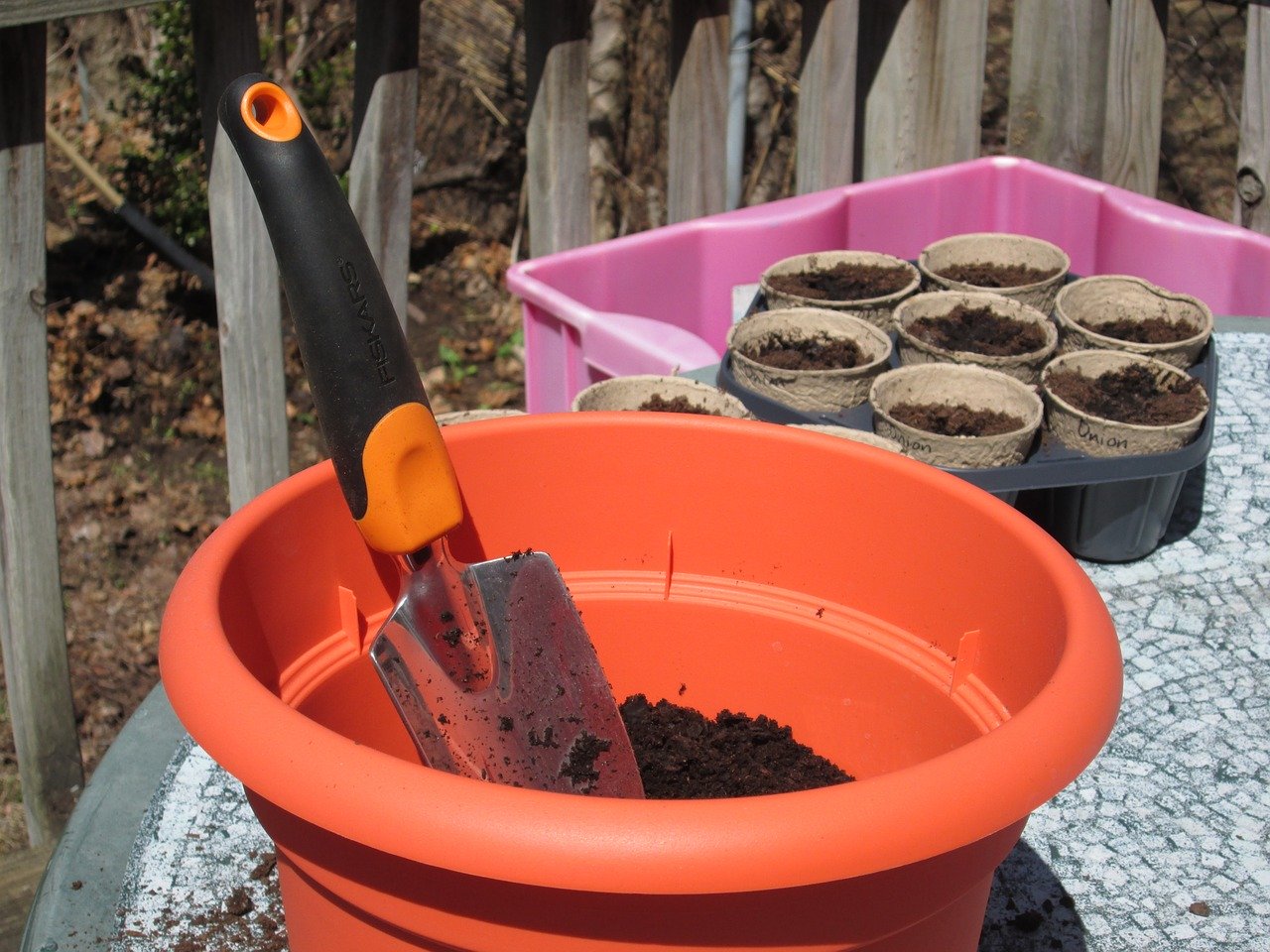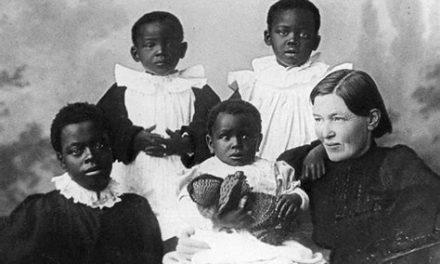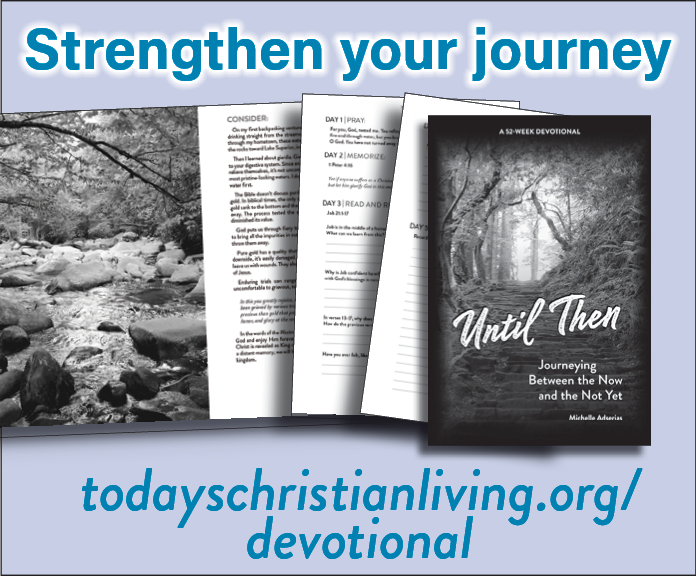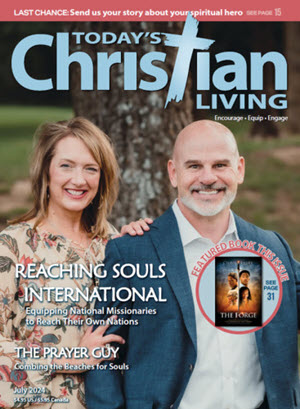Months ago, like many others stuck at home in quarantine, I decided to try my hand at gardening. Despite my lack of knowledge, I enthusiastically started a small container garden on my deck with great anticipation of a harvest. Needless to say, my more experienced gardening friends have had a chuckle watching me learn the various aspects of gardening by trial and error. I did get a small harvest, but the lessons gained were surely more significant than the vegetables.
Room to Learn and Grow
One of the more important lessons I learned has manifested in another area of my home. Just as the plants on my deck began to outgrow their containers, and their roots had nowhere to go but to the surface, the same is happening with the tree in our front yard. It’s grown so large that its roots are pushing up our driveway. In both cases, the growth has been desirable, but the effects caused by their containment are undesirable. Without room to grow properly, the tree has distorted a chunk of our lawn, which is now bumpy and brown from exposed tree roots. And the confined space of my container garden made my bell peppers look like marbles.
Unintentional Damage
Plants don’t grow well when their roots are exposed. Roots are meant to keep the plant firmly grounded, allowing it to dig deep down into the soil where it can tap into the most nutrients and water. Exposure of roots on the surface deprives the plant of what it needs and makes it more susceptible to damage from the elements. As I considered this, I wondered if I sometimes inhibit the best growth of others from unintentional “containment.”
Container Love
With even the best of our intentions, we can unknowingly love others as though they were in containers. We struggle when they act, grow, or go beyond what we anticipate them doing, either positively or negatively. I believe this may be especially true for some parents, like me, who are trying to be consistent to love and guide their children based on current conditions. We are caught off guard as those young ones suddenly seem to outgrow the “container” we keep them in our minds. I couldn’t help question my own parenting. Am I encouraging my children to grow deeply and branch out, or am I trying so hard to confine their environment that I’m risking their distortion? Am I preparing them for the most abundant harvest possible? Or am I so concerned with calculating and controlling the outcome for their “good” that I’m interfering with God’s plan for their growth?
It’s a fine balance and one I’ll continue to ponder as I eat my tiny cherry tomatoes and basil leaves. The Bible reminds me not to despise these small beginnings, so I continue to be grateful for a merciful Gardener who tends to me gently, showing me His way, even with my own distortion, and sometimes-my uncontained, well-intended desires.









